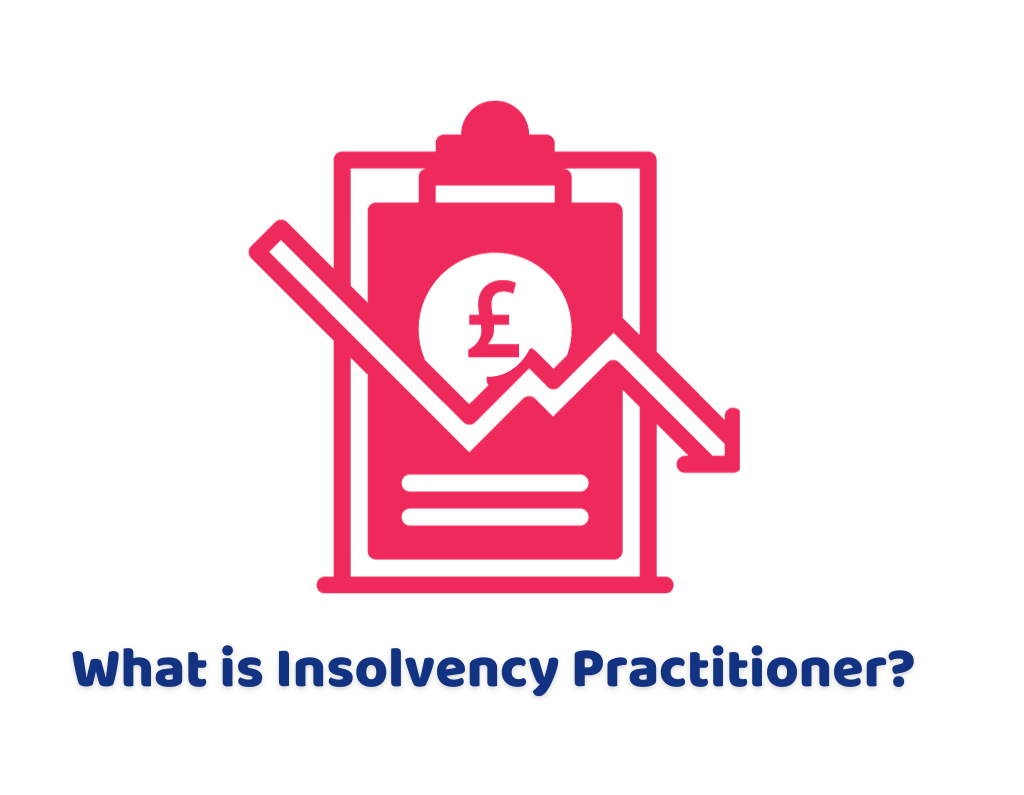A Biased View of Insolvency Practitioner
A Biased View of Insolvency Practitioner
Blog Article
The 5-Second Trick For Insolvency Practitioner
Table of ContentsThe Only Guide to Insolvency PractitionerThe smart Trick of Insolvency Practitioner That Nobody is DiscussingMore About Insolvency PractitionerThe Definitive Guide for Insolvency PractitionerAll about Insolvency Practitioner
Whether or not you require to utilize an insolvency practitioner (IP) to liquidate your business depends on various elements. While engaging an insolvency expert for all types of liquidation is not a lawful demand, doing so can frequently improve the procedure and guarantee conformity with legal demands. Liquidating a firm is a critical choice that includes significant effects.
It is a procedure made use of when a business does not have any type of financial institutions, or all of their creditors can be settled completely with legal passion. Comprehending the different types of insolvency procedures can assist you identify the most effective program of activity for your firm's liquidation or various other official insolvency treatments itself.
This is mandatory in order to abide by lawful demands - Insolvency Practitioner. This is since IPs have the needed certifications and experience to make sure that the liquidation process is carried out according to all suitable laws and laws. By engaging a licensed bankruptcy professional, you can have satisfaction knowing that your firm's liquidation process will certainly be managed skillfully and in compliance with the pertinent legal requirements
Insolvency Practitioner - An Overview
The bankruptcy practitioner is selected as a liquidator and is responsible for handling the business and liquidator's financial debts exceptional obligations and properties. This process entails selling the firm's properties and dispersing the profits to lenders. Upon completion of the procedure, the firm is eliminated from the register at Firms House.
Failing to do so can lead to individual responsibility for the company or director for the lender's financial debts. Voluntary liquidation, which includes Lenders' Volunteer Liquidation (CVL) and Participants' Voluntary Liquidation (MVL), is initiated by the company's directors and investors when they can no longer pay their financial obligations. In a CVL, the insolvency specialist is assigned as the liquidator, liable for handling business financial obligations and all business assets.

What Does Insolvency Practitioner Mean?
By examining the proficiency and experience of prospective insolvency practitioners, you can make certain that you choose a specialist that possesses the necessary credentials to handle your company's liquidation process effectively. While bankruptcy practitioner-led liquidation is typically one of the most appropriate course of activity for firms dealing with bankruptcy, there are alternative strategies to think about, such as striking off and partial liquidation.
It's crucial to examine all available alternatives prior to choosing the next finest remedy or course of activity for your business. Striking off companies' registers is an extra straightforward and economical method to close dormant or little business with no financial obligations or properties. To strike off a company, its name is removed from the Business Home register by sending kind DS01.
Before choosing striking off, it's critical to weigh the advantages and downsides of this strategy and take into consideration whether it's the ideal selection for your business. Partial liquidation is another alternative to insolvency practitioner-led liquidation, where a business liquidates specific properties and responsibilities while proceeding to run with the remaining assets and liabilities.
A Bankruptcy Expert will have the ability to recommend you of the very best course of activity to take and make sure that every little thing runs efficiently. It is not feasible to sell off a company without a liquidator. Assigning an authorised insolvency practitioner is required for the procedure of voluntary liquidation to begin.
Insolvency Practitioner Fundamentals Explained
It is feasible to close and liquidate your business without using a liquidator, supplied your firm is solvent and you fulfill the eligibility needs to liquify or liquidate it. Nevertheless, if your company is insolvent, you may be called for to utilize a liquidator and begin official insolvency treatments. Here are some various other helpful write-ups concerning company liquidation in the UK:.
Remaining in a placement where you're unable to pay your company's lenders is extremely difficult. In an effort to prevent raising the degree of financial debt, lots of companies try to my blog bargain straight check out this site with their financial institutions and accept an informal setup. If the debt is quite little and owed to one creditor, and the lender is being participating, becoming part of an informal financial obligation setup is most likely the most effective service, instead of searching the web for 'a bankruptcy specialist near me'.
On the various other hand, if there are multiple lenders and the level of financial debt is large, lenders might not be so eager or cooperative. To avoid liquidation or personal bankruptcy, it is better to work with an insolvency specialist to prepare official propositions and negotiate with creditors on your behalf.
What Does Insolvency Practitioner Mean?
Whilst it is a way to handle financial debt, there are substantial risks included with this sort of debt plan - Insolvency Practitioner. If a lender wants to become part of a casual plan (IA) whereby the debtor has agreed to make regular, if lower, repayments to pay back the debt, it's vital to adhere to the arrangement

The my company financial institution is within their legal rights to back out of the agreement and petition the courts for your firm to be liquidated at any kind of time. An official plan that has actually been suggested by an insolvency specialist on your part, and agreed by a creditor, gives a much more secure option.
Report this page